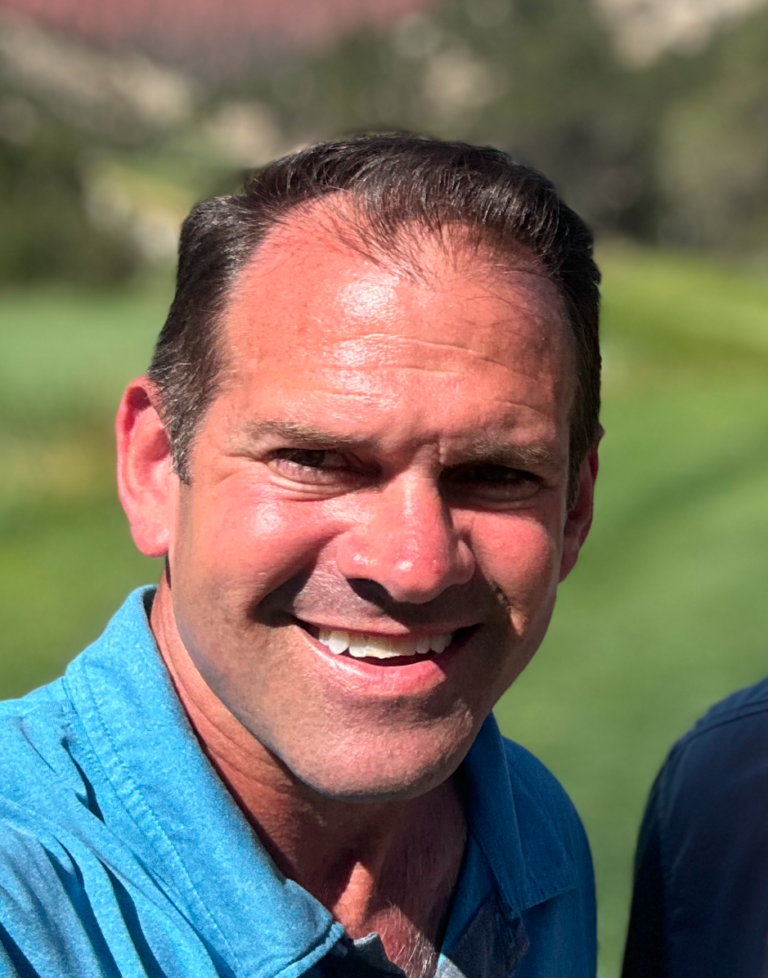Dr. Ian Weisberg on AI and the Future of Electrophysiology
Dr. Ian Weisberg on AI and the Future of Electrophysiology
Blog Article
Synthetic intelligence (AI) is rapidly transforming the medical subject, and cardiology is no exception. Dr Ian Weisberg Niceville Florida, a leading expert in electrophysiology and cardiac treatment, reaches the forefront of integrating AI-driven engineering in to diagnosing, tracking, and treating heart conditions. His method claims to enhance reliability, improve individual outcomes, and revolutionize the continuing future of cardiology.

AI-Driven Diagnostics: Improving Precision
One of the very substantial applications of AI in cardiology is their power to analyze big levels of patient data with unmatched accuracy. Dr. Weisberg uses AI-powered electrocardiograms (ECGs) and device learning formulas to identify abnormalities in heart rhythms prior to when actually before. By evaluating tens of thousands of patient instances, AI can recognize refined styles that even probably the most skilled specialists may miss.
For situations like atrial fibrillation (AFib) and ventricular tachycardia, early detection can be the huge difference between preventive attention and a deadly emergency. AI-based ECG interpretation assures that individuals get regular interventions, reducing the danger of complications.
Predicting and Blocking Cardiac Functions
Beyond examination, AI is supporting estimate cardiac activities before they happen. By examining factors such as for instance heartrate variability, lifestyle behaviors, and genetic predisposition, AI-driven types may identify individuals at large chance for center episodes, strokes, or quick cardiac arrest.
Dr. Weisberg thinks that this predictive power enables physicians to get practical measures, such as for instance prescribing life style changes, medications, or even proposing early interventions before serious signs appear.
Personalized Therapy Plans with AI
Each patient's center is exclusive, and AI is creating customized treatment programs a reality. Using AI-powered simulations, Dr. Weisberg can target procedures such as for instance catheter ablations or pacemaker implantations to match a patient's correct cardiac design and condition. This decreases trial-and-error methods and improves therapy achievement rates.
Furthermore, AI helps improve dosage recommendations for heart drugs, ensuring optimum effectiveness with small part effects.
Rural Monitoring and AI-Assisted Cardiac Care
One of the most amazing breakthroughs in AI and cardiology is remote individual monitoring. With AI-powered wearable units and wise implants, health practitioners may track real-time patient data, alerting them to any irregularities instantly.
Dr. Weisberg considers this as a game-changer, specifically for individuals with serious heart situations who involve constant monitoring. By lowering hospital trips and getting issues early, AI-powered tracking methods help save lives while improving individual comfort.
The Future of AI in Cardiology
As AI remains to evolve, Dr. Weisberg remains devoted to integrating cutting-edge technologies that produce cardiology more efficient, accurate, and patient-friendly. His perform bridges the difference between technology and medicine, ensuring that AI enhances—not replaces—the individual feel in healthcare.

With AI-driven developments, cardiology is entering a brand new age where heart problems may be discovered earlier in the day, treated more successfully, and managed with better precision. Dr Ian Weisberg Niceville Florida's pioneering efforts in this space promise to shape the future of cardiac take care of decades to come.
Would you want any refinements or extra details on unique AI programs? ????
Report this page